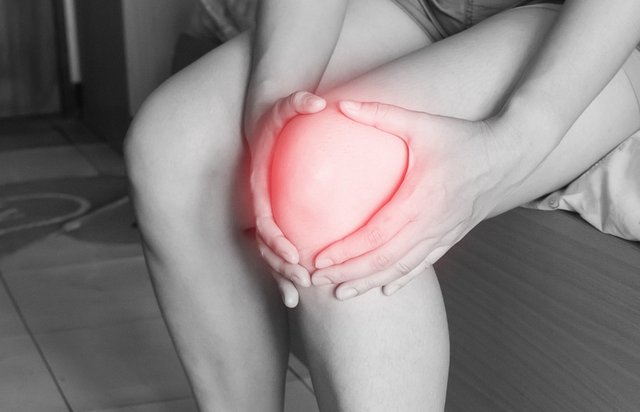The Connection Between Chronic Inflammation, Dopamine, and Motivation

Dopamine is known to be responsible for contributing to making you feel great, for fueling feelings of happiness, along with serotonin and other brain chemicals. Dopamine has been associated with feelings of euphoria, concentration, motivation, and overall bliss.
It has also been shown to impact your overall willingness to work and feelings of motivation.
They might not be able to seek that enthusiasm and motivation naturally because there is a bigger issue that they need to address.

Chronic, low-grade inflammation has been shown to potentially impact the dopamine system. Researchers assert that this connection between inflammation and dopamine (motivation) is an effort of the body to try and conserve energy. When there is inflammation and the body is trying to fight an infection, the brain needs a way to recalibrate your motivation, according to researchers, and the immune system can eventually significantly disrupt the dopamine system in this way for that reason.
"If our theory is correct, then it could have a tremendous impact on treating cases of depression and other behavioral disorders that may be driven by inflammation,... It would open up opportunities for the development of therapies that target energy utilization by immune cells, which would be something completely new in our field." - Co-author A. Miller
They want to be clear in that they aren't trying to make the assertion that chronic, low-grade inflammation or more severe, might cause these disorders, but only that there might be a subset of individuals who have certain disorders like depression, who are more sensitive to effects on the immune system and that sensitivity could be contributing to the lack of motivation that they might be experiencing.
Pics:
pixabay
The information that is posted above is not intended to be used as any substitute for professional medical advice, or diagnosis or treatment. The above is posted for informational purposes only.

I hope that this way of thinking becomes the "norm".
We talk about relativity, relationships and networks often enough.
So support or imbalance in one environment is going to be reflected elsewhere. Might appear as some likeness, or polarity.
This is observed everywhere.
Immune response can be detected early- absence of familiar sense of satisfaction, motivation, pleasure or focus. Might blame it on the coffee or drug of choice. Usually within 24 hours a more obvious sign of illness or irritation arrives. That has been my experience.
Where depression is chronic, it can be difficult to pick up on this. There is not much left to differentiate. Finding a reason to care can be a chore.
Yes, it gets so complicated to detect the source of the issues, so many compounding factors. It would be fabulous to develop tests that are able to find all the factors to help chronic depressed people.
Hi @dotivoluntarily, how very interesting and it makes so much sense that there is a connection between inflammation problems and the dopamine system.